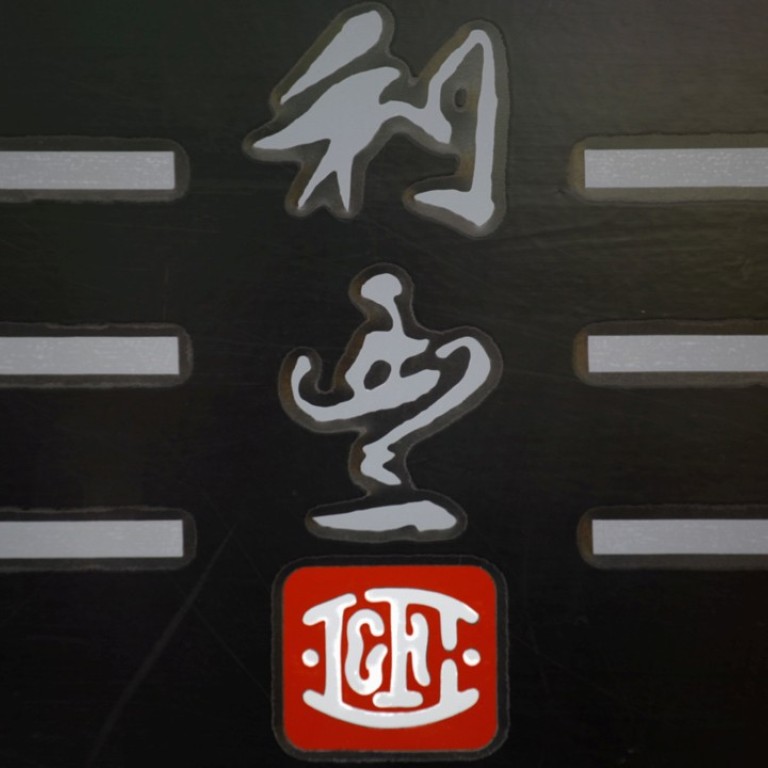
Outdated Li & Fung must invoke Cortez – ‘burn its ships’, march forward and reinvent itself
But does the century-old company have what it takes to adapt and succeed in a brutally competitive international environment
When Cortez, the Spanish conquistador, landed in what is now Mexico, he boldly decided to burn his ships. It was a grandiose, strategic decision – the only way to urge his men to live the spirit of adventure. Li & Fung’s announcement on December 14 represents a transformational milestone for one of the pillars of Hong Kong’s economy – trade and supply chain management.
The Hong Kong-based global supplier to some of America’s biggest retailers announced the sale of its sweater, furniture and beauty businesses for US$1.1 billion to a consortium that includes the company owners, the Fung family and Chinese private equity group Hony Capital. This restructuring and sale should have been done years ago.
According to Bloomberg analysis, the deal will result in a one time accounting loss of US$610 million. The businesses being sold are more profitable than Li & Fung’s main sourcing business, with core operating margins of more than 4.5 per cent versus around 3 per cent for the company as a whole.
The return dilemma that confronts businesses is: either you grow it or sell it. When Li & Fung pulls out of being a middleman and logistics manager in its weaker, but profitable segments, it’s a sign of irreversible change. Most of the Li & Fung manufacturers were tired of being relentlessly squeezed with low margins and stretched payment terms. Today, Chinese factories don’t need a middleman handling logistics and manufacturing with western customers.
Li & Fung’s success or failure represents a litmus test of whether a Hong Kong family-owned Chinese company can adapt and succeed in an international environment that is brutally competitive – whether it can “burn its ships” and march forward to reinvent itself. Other Hong Kong property based tycoons benefit from their local cartels in property or retail or container ports. Unless someone can find a way to digitally disintermediate real property, they are undisturbed.
Most analysts I have spoken to have written off Li & Fung as a company doomed to orbit a dead end business model. The problem is that the younger Hong Kong analysts (age 20 to 30) are more tech savvy than ever before. They are sceptical about trendy pronouncements of technological superiority to come.
The company and its owners and managers need to recreate its reason for existence, its basis for leadership and communicate it in a decisive style. Li & Fung has to not only make real the: “Three Year Plan to create the supply chain of the future…to deliver a digital platform…”, but explain why it matters and why anyone should care.
In the past, Li & Fung has gone through numerous reorganisations that have only frustrated investors as to the source of value. The company was criticised by analysts for confusing accounting when it pursued a strategy of bolting together low margin supply companies through numerous acquisitions and repackaging them into the publicly listed group at a higher multiple. Now that game is over. It will require a new kind of strategy and communication.
Victor Fung Kwok-king (honorary chairman) must stop confusing investors with glorious pronouncements that make no sense. Like saying that he is teaming up with start-ups, incubators and venture capitalists to be an “incubator of incubators”. Ask anyone in venture capital and there is no such thing.
His remarks are ill informed and illogical. He should watch episodes of HBO’s Silicon Valley, to learn how innovation is usually bottom up, from some desperate, struggling person in a garage or flat in Huangzhou or Palo Alto. And these people don’t necessarily want to work for him.
Hong Kong’s rich think that money is the solution to every problem. But, in the new economy the primacy of ideas is overtaking capital simply because there is so much money out there chasing scarce ideas.
Stop thinking like a broker or trader, depending on others to create an ecosystem solution for you. Like it or not, Li & Fung must fully commit to the idea that the next “new thing” must come from within. Whether it can inspire and incentivise employees to create and innovate is the big unknown. Most senior employees at Chinese family companies sit around waiting to be told what to do.
“Crossing the chasm”, an old tech concept that I apply to Hong Kong and China, will be Li & Fung’s challenge. Changing tech platforms has killed more companies than it has saved. While Li & Fung has capital and business experience, tech history shows you could be crossing over to your corporate graveyard, populated by organisations that couldn’t stay relevant or important to industries they once dominated.
Peter Guy is a financial writer and former international banker


